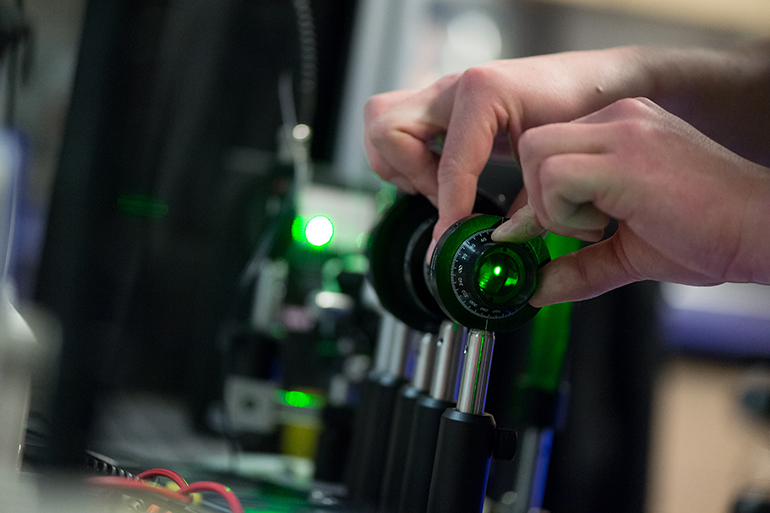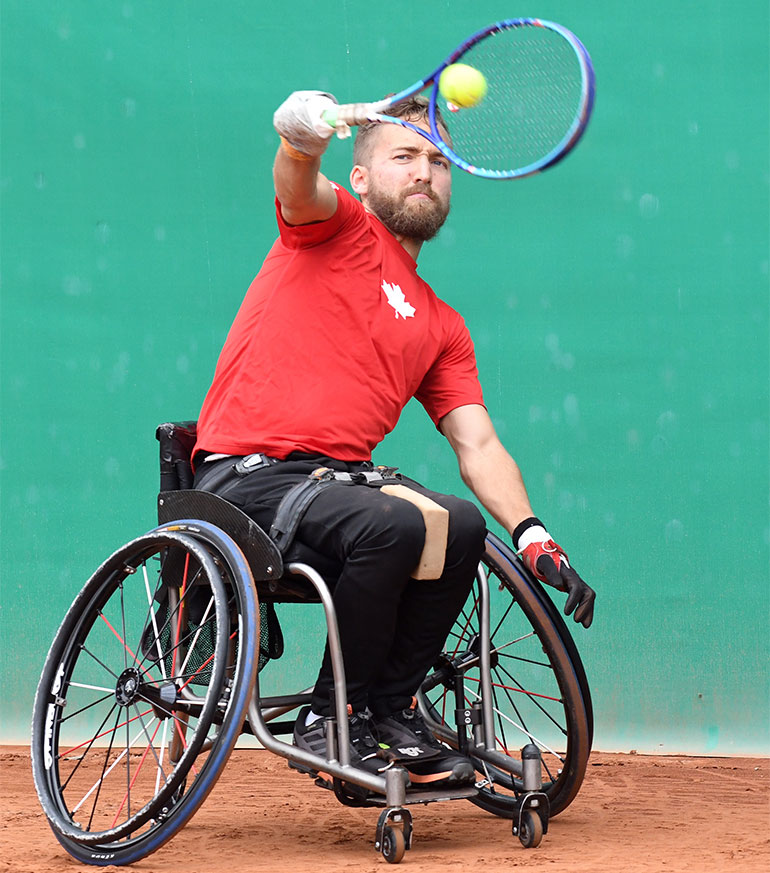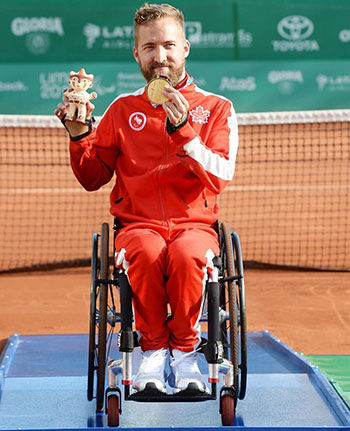
Currently there are more than 1,600 active research projects underway at UBCO.
UBCO stories you may have missed in 2019
UBCO Okanagan has grown to a student population of more than 10,000. With this growth, has come new research opportunities—currently there are more than 1,600 active projects. UBCO researchers are challenging established assumptions, innovating solutions and creating new knowledge that will have broad impacts on our society. Here are some of the accomplishments reached in 2019.
Promoting resilient environments
UBCO biologists have discovered a new source of carbon dioxide in lake water that is used for irrigation. Their findings have practical applications for agriculture-based communities in arid regions. For more
Ecologists from UBCO and the University of Alberta have developed non-invasive methods for tracking animals, using DNA found in their feces, saliva and hair. These approaches will provide improved understanding of wildlife migration and population trends. For more
Supporting healthy people
UBCO has joined with international partners to determine how the human heart has adapted to engage in endurance physical activities. The findings will bring new insights to the international effort to reduce hypertensive heart disease—one of the most common causes of illness and death in the developed world. For more
UBCO researchers partnered with an international research team to complete 15 major scientific studies in Peru’s Cerro de Pasco to better understand how high altitude affects newcomers and Indigenous populations. This research is relevant for people who suffer from low oxygen health conditions including those with lung or heart disease. For more
A new Faculty of Medicine Research Centre, the first such facility outside the Lower Mainland, was established at UBC Okanagan. The Centre for Chronic Disease Prevention and Management will serve as a provincial leader for research, knowledge translation and exchange in the urgent research field of chronic diseases. For more
Developing emerging technologies
UBC Okanagan researchers have discovered a new class of anti-ice surface coatings. These low interfacial toughness (LIT) materials ease the force required to remove ice from large areas, such as car windshields. For more
Researchers at UBC Okanagan’s School of Engineering have developed a low-cost sensor that can be interlaced into textiles and composite materials. While the research is still ongoing, it may pave the way for smart clothing that can monitor human movement. For more
Building thriving communities
UBCO researchers were involved in an international study which found that people are more charitable if allowed to quickly claim tax credits for their donations. Their findings showed that changing the deadline for donations so they land close to tax time increased contributions by nine per cent. For more
Thanks to a visiting international fellowship, a UBCO professor is collaborating with the University of Exeter to promote and disseminate environmental humanities research. This field speaks to the interconnectedness of climate change, factory farming and human health. For more


